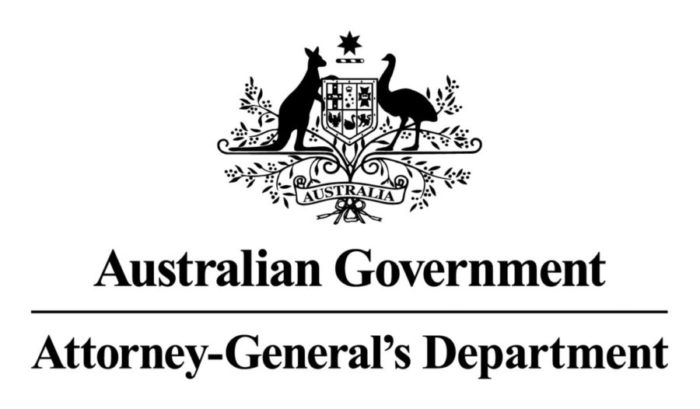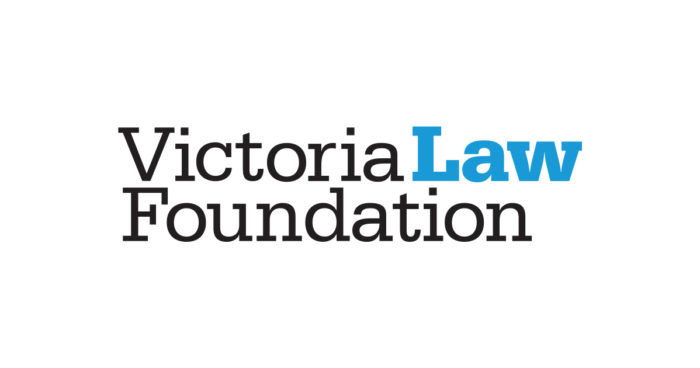Our Reach
We are committed to being flexible, innovative and responsive to address the complex legal needs of our clients and communities across a broad geographical area.
Our Stories
Peter's Story

Font Resizer
Peter's Story
Infringements waived
Etta's story

Font Resizer
Etta's story
Lease term reduction
Alister's story

Font Resizer
Alister's story
Last chance
Annika's story

Font Resizer
Annika's story
COVID-19 impact
Gerald's story

Font Resizer
Gerald's story
$11,000 debt waived
Nicole's story

Font Resizer
Nicole's story
Good behaviour granted
Harold's story

Font Resizer
Harold's story
Charges withdrawn
Lana's story

Font Resizer
Lana's story
Reducing financial pressure
Daisy's story

Font Resizer
Daisy's story
Moving towards resolution

Thierry Pascal
Chairperson

Jackie Galloway
Chief Executive Officer
CEO & Chairperson's Message
We are delighted to present the Annual Report for the Peninsula Community Legal Centre for the 2019-20 year. Through the dedicated service of the staff and management of Peninsula Community Legal Centre we strive to deliver justice to our community, promoting and protecting human rights and equality before the law. With a fundamental “access to all” philosophy, we believe that to deny access to justice is a denial of justice.
















